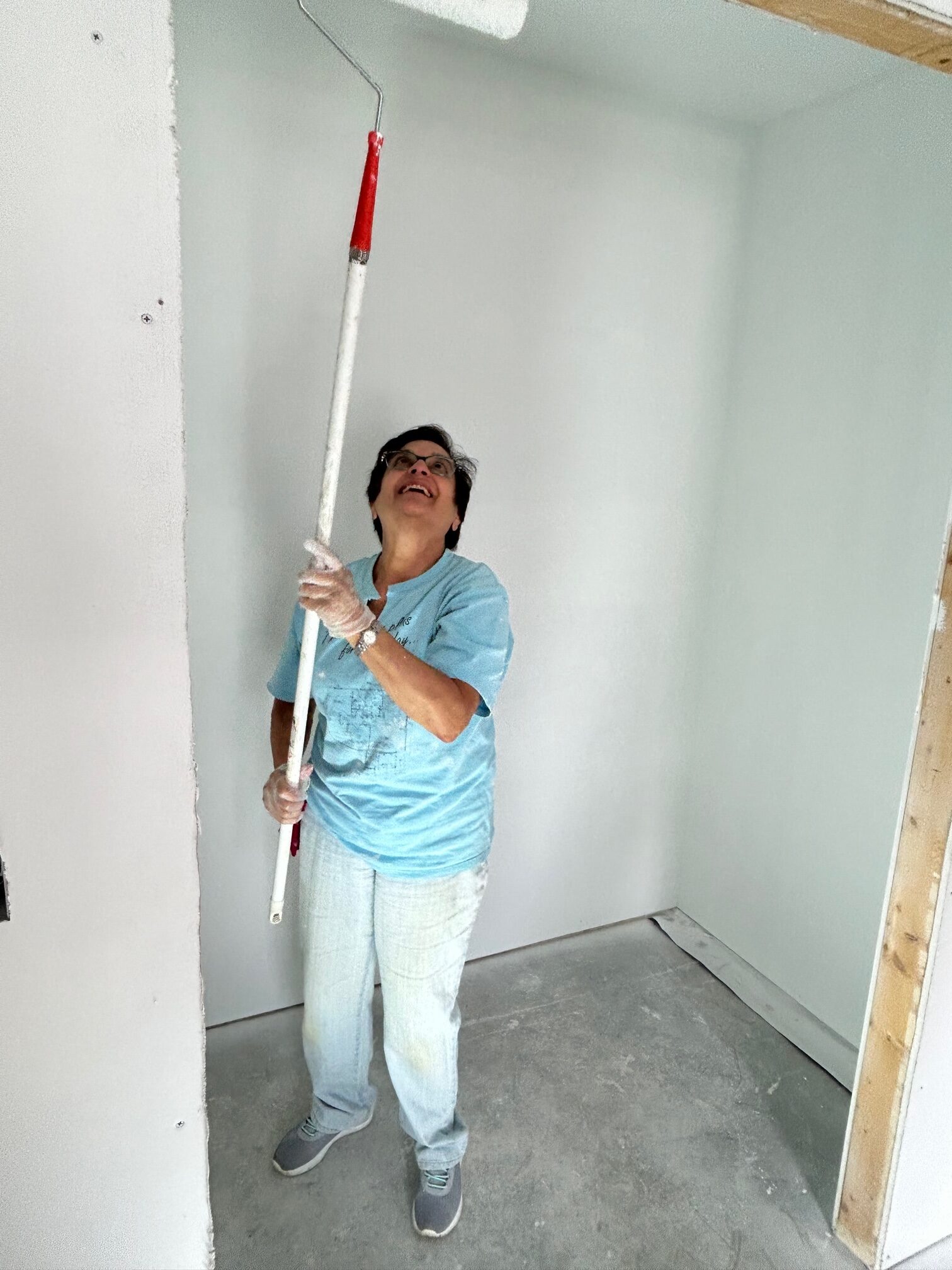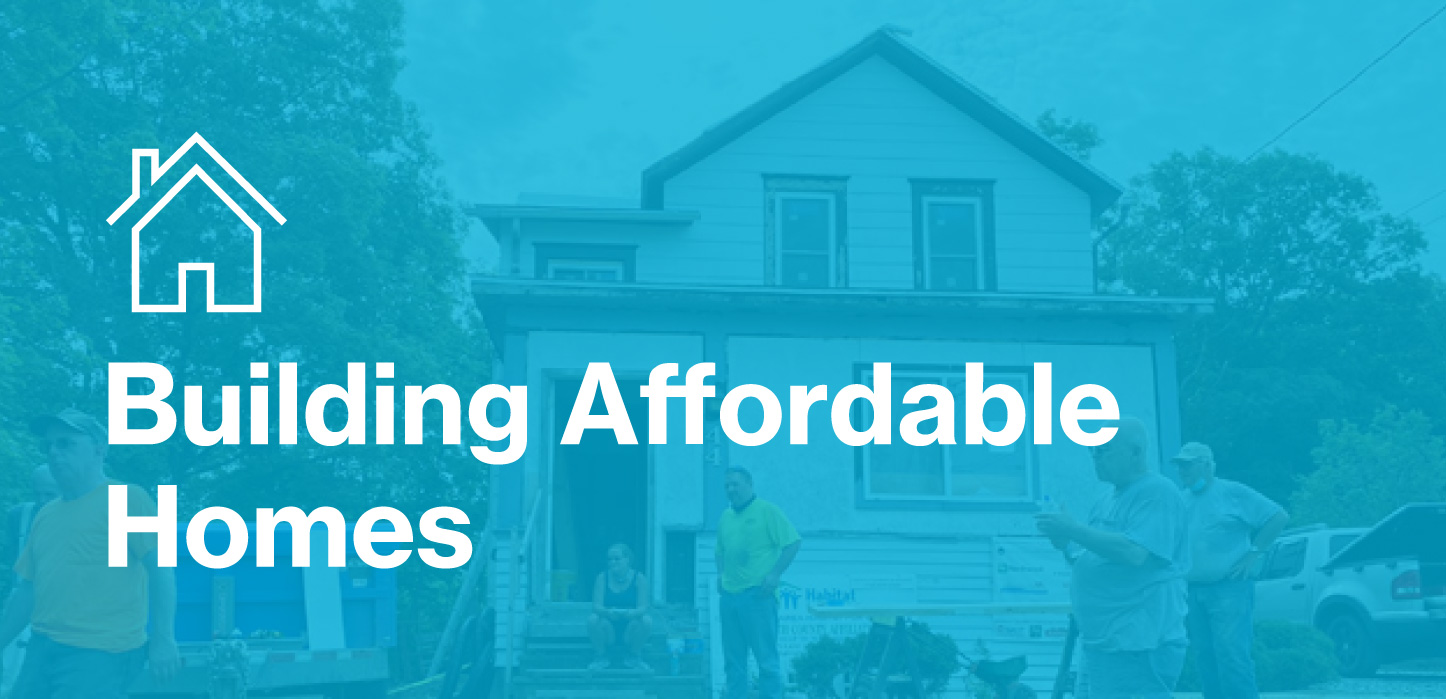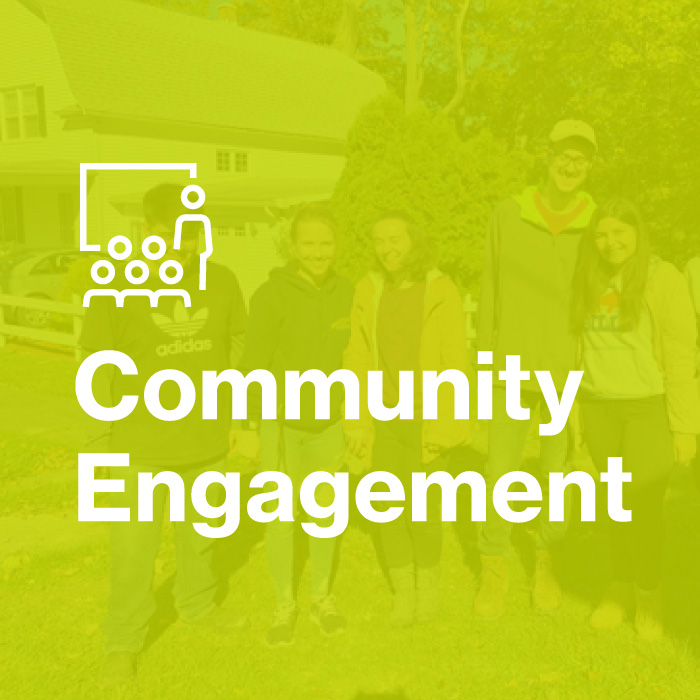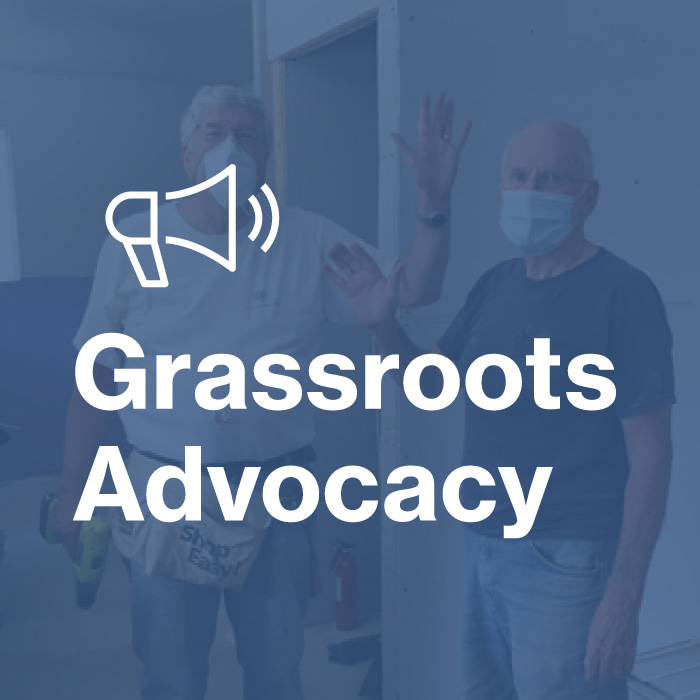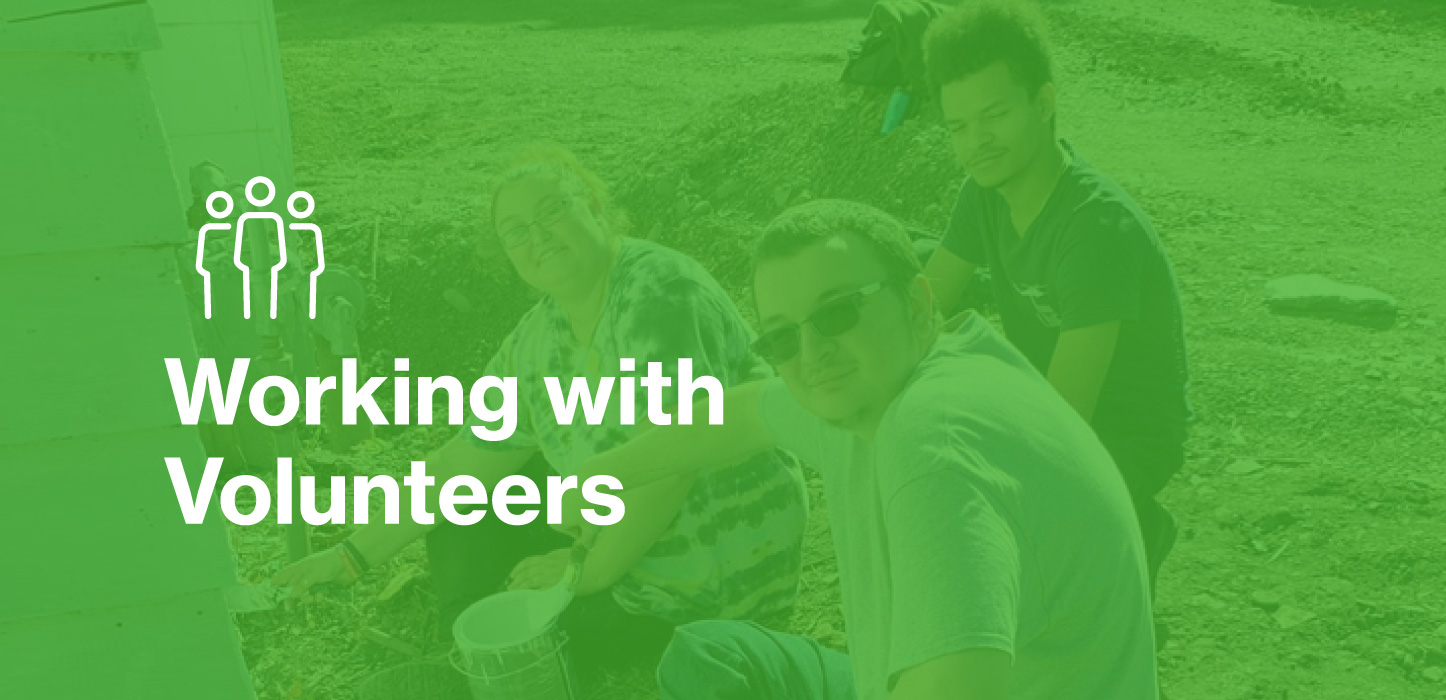Are Habitat homes free?
No. Habitat Homeowners purchase their homes. Habitat Homeowners must earn a mortgage with SONYMA, USDA Rural Development mortgage, or another local bank that provides affordable monthly mortgage payments.
How much is a mortgage payment on a Habitat House?
The initial mortgage payment is adjusted based on the family’s income. To maintain affordability, Habitat ensures that the monthly mortgage payment is less than 30% of the family’s monthly gross income.
Is there a down payment?
Yes. Habitat Homeowners contribute towards closing costs and the remaining down payment is paid in “sweat equity” hours.
What is Sweat Equity?
Sweat Equity is your investment in Habitat’s work and mission; it is also an expression of your partnership with Habitat for Humanity. Once approved as a partner family of two or more adults, you must complete 500 hours of volunteer work for Habitat before you can move into your home. The requirement is 250 hours for a single parent with no other adult in the home.
What kind of work might sweat equity include?
Families earn “sweat equity” hours by helping build their own home, by volunteering in the community, and/or by attending homebuyer education classes. No construction experience is necessary to participate in the construction; our expert staff will guide families and volunteers through the building process.
How long does it take to complete a home?
Typically it takes 12 – 18 months to build the home, though there are a number of variables that contribute to how long it takes to complete a home.
Do I get to choose where my Habitat house will be?
Not exactly. Once a family completes the application process and is selected by the Board of Directors as a partner family, they will be given site options if we have more than one site available at that time.
Can the design of the house be changed?
Habitat will choose the design of the house in accordance with the size of the lot and available funding. No change in design will be considered unless a partner family requires structural modification for a handicapped family member. Your family partner will discuss possible choices you will have in the construction process.
Do I have to be employed to qualify?
No. In order to qualify for a home, a family must have a regular dependable income (which does not exceed 60% – 80% of the county median income based on family size).
Do I have to have perfect credit to qualify?
No. Chautauqua Area Habitat for Humanity will look at the whole picture and really try to understand your situation. You will need to showcase consistency in your payment history. However, we can also look at “alternative credit” such as rental history, utility bills, gym memberships and even Netflix. Families with current or recent bankruptcies, foreclosures or judgments will need to wait a minimum of 2 years after discharge before applying and at that time we will consider the applications on a case-by-case basis, taking into account the specific circumstances that led to the situation.
If I am denied, can I re-apply?
Yes. Our staff is happy to talk with applicants about why their applications have been denied, and families are eligible to re-apply after six months.
Do I have to be married or have children to qualify?
No. Chautauqua Area Habitat for Humanity follows all Fair Housing and Fair Credit laws, which prohibit discrimination based on familial status. “Families” can be single people, married or unmarried couples, single parents, multi- generational, and everything in between and they must have children under the age of 18 living with them in the home..
Can I use my Section 8 voucher?
In some cases, it is possible to transfer a Housing Authority Rental Voucher to a Housing Authority Homeownership Voucher. If a family applies to our program and is accepted, we will work directly with the Housing Authority to determine if it is possible.
I already own a home that needs critical repairs. Can Chautauqua Area Habitat for Humanity help?
At this time, we do not have an active repair program, but we can refer you to other organizations in the area.
Where does Chautauqua Area Habitat for Humanity build homes?
We build homes in the North County (Silver Creek, Sheridan, Fredonia, Dunkirk, and the Town of Hanover), Mid County (Mayville, Westfield, Sherman, Dewittville, and the Town of Chautauqua), and South County (Jamestown, Frewsburg, and Falconer.)
Will I qualify if I’ve owned a home before?
In almost all circumstances, no. But it is best to discuss this with the Family Committee Chairperson.
What happens if I want to sell my house or if I have to move?
If a homeowner decides to sell their home, they must notify Habitat and get the home appraised. Habitat has the right to purchase at the appraised price. If Habitat decides not to buy the house, it may be sold on the open market. However, most of the subsidies will need to be paid back. Habitat’s goal is to maintain a stock of affordable housing in the county.
Will I ever really own my house? What if something happens to me; will my children inherit my home?
Yes, Chautauqua Area Habitat for Humanity mortgage works almost exactly like a traditional bank mortgage. Your family will be able to inherit the home as long as you take the necessary steps to plan for the future, as all homeowners should.
Applications are being accepted for future builds
What We Do
Our Impact
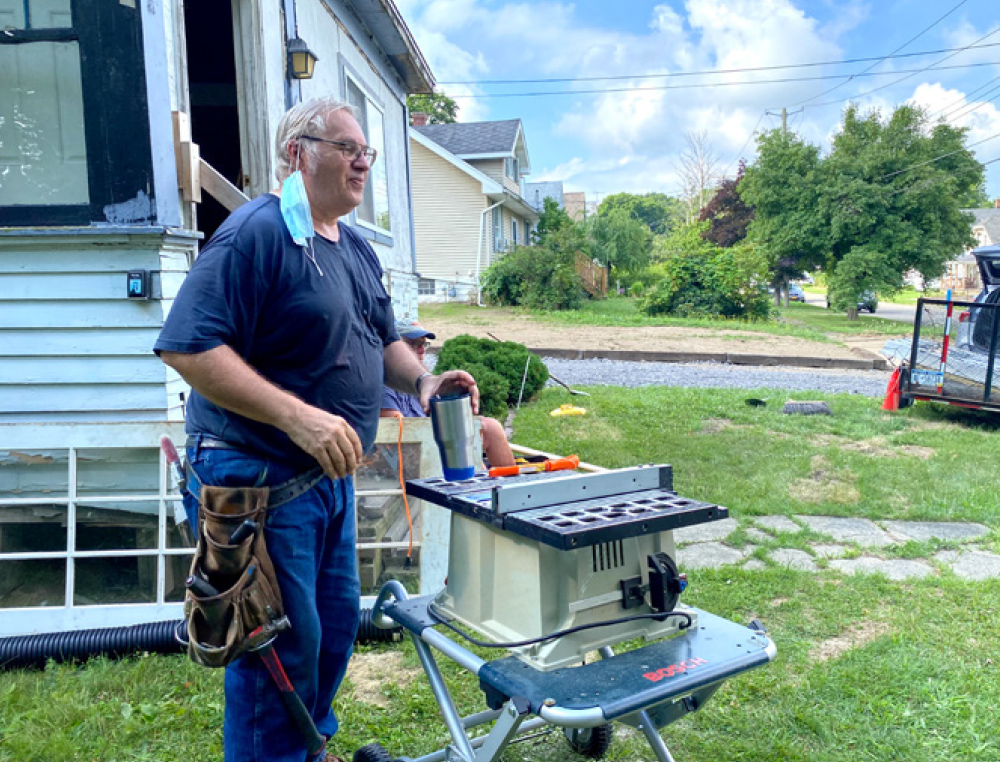
Increased tax base for communities in which we build
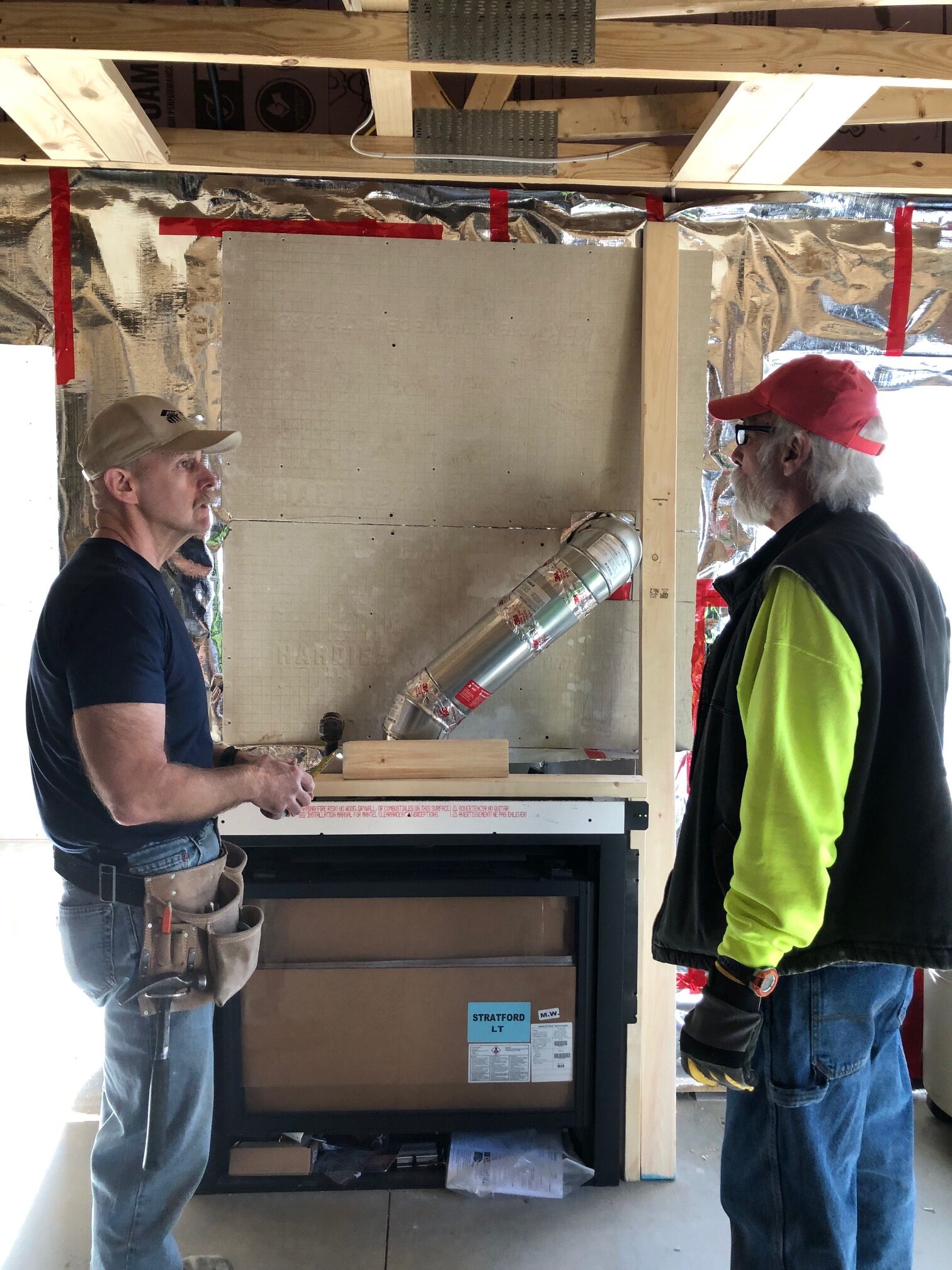
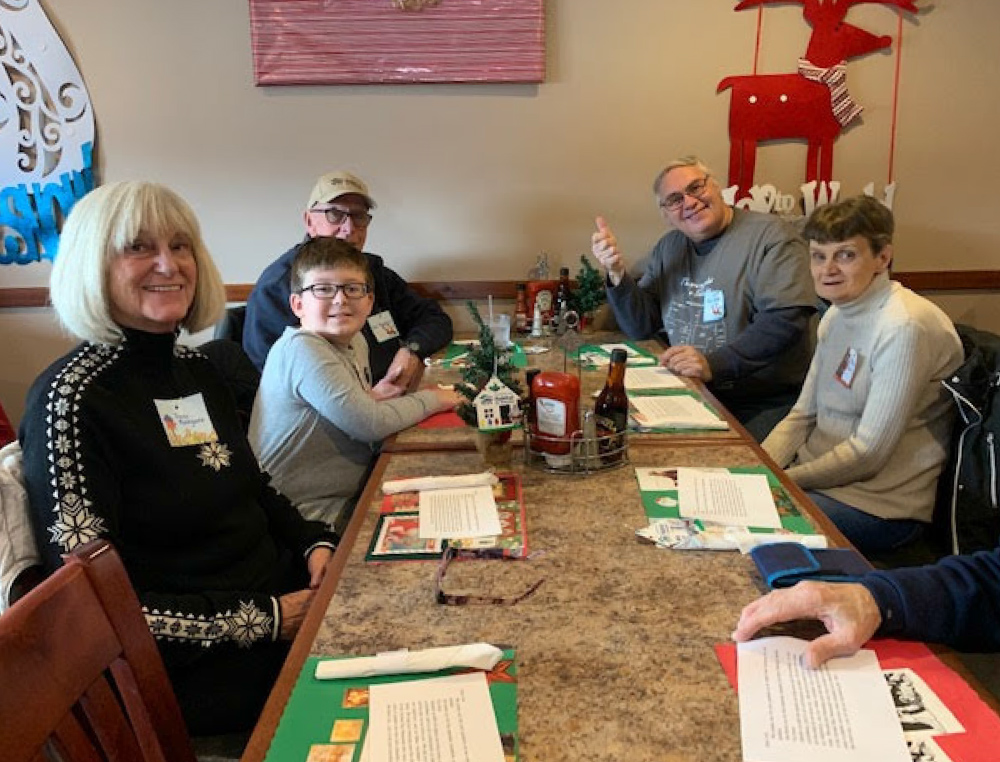

Improved neighborhoods
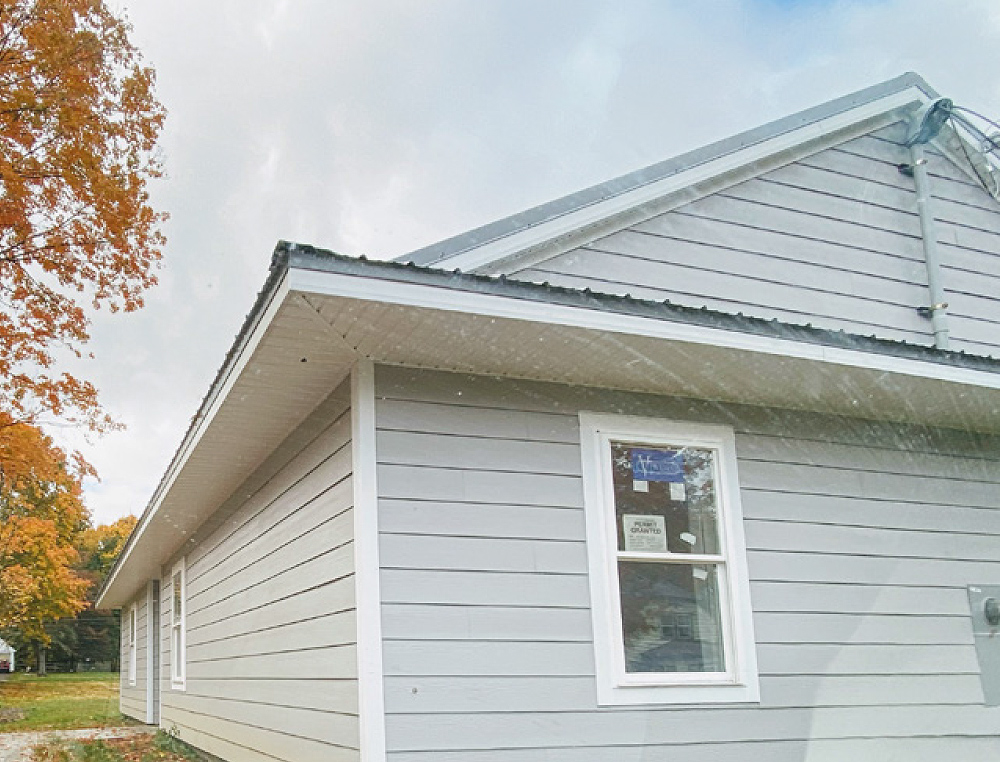
Homes Built
